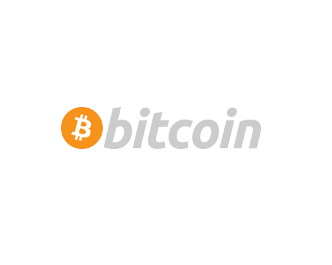The first cryptocurrency named bitcoin appeared in 2009. The original creator was Satoshi Nakamoto. But first, let's take a brief history of the currency. The reason that currency exists is that it acts as a medium of exchange and store value. If there are two counterparties and want to make an exchange of a good or service we need a currency to act as a measure and transfer of value. This way a transaction can be executed directly between the parties. Most notables are the exchange of cash (banknotes, coins), or transactions through the financial banking system.
If the transaction goes through the banking system the transaction is validated by a financial institution. On the other hand, cash (banknotes/coins) is validated by the country's central bank, which controls the circulation of the money.
The cryptocurrency is a digital currency which eliminates intermediate parties (like the financial banking system) with the of the mechanism of blockchain. The blockchain is a shared public ledger where all transactions are recorded. The integrity of the blockchain is enforced by cryptographic techniques and for that reason, we call this sort of currency as cryptocurrency.
Every time someone makes a transaction with bitcoins to another person, this transaction is attached to the blockchain and a network (a batch of computers connected to the internet) is verifying this transaction. By downloading and installing the necessary software anybody can be a part of the network that validates the transactions. You can choose to offer some of your computer's processing power, which is used to run cryptography algorithms to validate the integrity of the blockchain. The network's computing power can be huge and decentralized so that it's not easy for a single person to control the network. However this computer power is not free, but it?s paid by a small fee each time a transaction is made.
So the cryptocurrency eliminates the central authority which controls the money. The first cryptocurrency was the bitcoin, but there is an explosion of many more (called as altcoins) with smaller volume like litecoin, peercoin, namecoin and dogecoin. Major brands and e-tailers like Expedia, Overstock, Shopify, Namecheap, now accept bitcoin as a valid payment method. There are also, some ATM that can dispense money for bitcoins or the reverse. Despite some drawbacks, like the mismanagement problems of the biggest bitcoin exchange company, the worldwide total transaction value for the first half of 2014 is over 70 million dollars.

